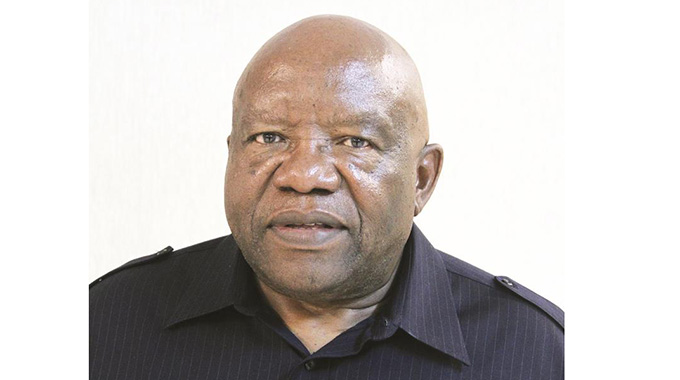EDITORIAL COMMENT: Private sector needs to respond to President’s support

Zimbabwe’s private sector is seen as the main engine of growth for the economy and the Government has under the Second Republic been moving flat out to give the sector the institutional and other backing that it requires, as President Mnangagwa noted this week.
One sector, agriculture, has perhaps seen the heaviest backing. Our farmers, outside a few State-owned estates, are legally and in practice self-employed business people, although woefully under-capitalised, so the direct Government backing has been in that crucial area of inputs on credit so that they can produce.
In mining, the major companies have been seeing the legalities of their mining claims being sorted out, the mining licences issued and fairly close co-operation to establish fair and equitable systems for ensuring that a mining operation has adequate reserves to ensure viability for decades. Claims are only lost when not used.
Industry has been resuscitated and is now expanding with older companies expanding and newcomers entering production.
But President Mnangagwa brought up an important factor that we sometimes forget when he urged companies to not only establish local brands, but do get these brands recognised regionally and internationally.
Our exports are dominated by primary products, cash crops from our farmers and minerals from our miners without a lot of serious exporting by industrialists.
To a very large extent our industrial growth has been driven by two factors: producing the Zimbabwean market share as a subsidiary of a major global company, or at least producing this share under licence, and pure import substitution.
This tends to mean that the regionally and internationally recognised brands, the products of the licensed or subsidiary operations, cannot be exported and the pure local brands are not exported.
One problem, of course, is that for a long time local manufacturers had problems obtaining enough raw materials for their local markets, let alone for export.
This is being fixed and the President noted that far more needed to be done to be processing local raw materials, choosing businesses that could largely rely on what our farmers and miners produced and being willing to work with these primary producers to establish a market for existing and new raw materials.
Such products would be the ideal export goods, with a lot of value added and jobs created before the containers cross the frontiers.
Simply importing raw materials, processing them and then sending them back is not a business that can be ignored, but is not one that is likely to create our future giants.
In fact, the next take off point for the economy is to start boosting exports of manufactured products using Zimbabwean raw materials.
The plans for the tobacco industry, for example, see an ever rising percentage of the left being made into cigarettes in Zimbabwe, even though things like paper and filters will have to be imported, and cartons of cigarettes being exported rather than containers of leaf.
Even in mining there is a lot of pressure on the sector to start doing all initial processing in Zimbabwe and at least export ingots of metal, and coke rather than coal.
But there is also hope that in some areas we will be able to move to the next stage. For example the two investors in new steel plants are keener on exporting sheets of steel, rods of steel, than just ingots of steel.
Considering that some quite small countries have become major exporters of manufactured goods despite having little or nothing in the way of suitable raw materials, it should be possible for a resource rich country like Zimbabwe, despite its size, to do the same.
Of course one reason why those resource-poor countries were able to move rapidly into manufacturing was because they had invested heavily into education and thus were able to couple skilled people and first class business people into their manufacturing sector.
But Zimbabwe has also been creating the skilled manpower, largely at Government expense, and so it seems the time has come for us to push forward.
The President, perhaps because he was opening a restaurant in an imaginative venture to empower and employ orphans who have had a bad break in their childhood years, brought up the need for a similar attitude in our tourism and hospitality sectors.
Zimbabwe is now getting a much better press and as Covid-19 retreats it is likely we will see a resurgence in these sectors.
While there will always be room for large five-star hotels serving international cuisine, a lot of people travel not just to see the world, but also to experience the world.
So the President’s stress on exceptionally well-cooked examples of local cuisine using local foods was timely.
Traditional menus have tended to be ignored, yet there is now encouragement to not only restore them, but extend them.
This resumption of tourism also opens many other opportunities. Many people want local, although decent, accommodation, preferably with a restaurant with a good chef who can show them the cuisine of the country.
The opportunities seem obvious, and tourism and hospitality industries can also have a breath as well as a depth.
Now that we are finally going for self-sustaining private-sector growth, it seems that more and more of our people should be talking up the Government’s invitation to open and grow businesses.









Comments